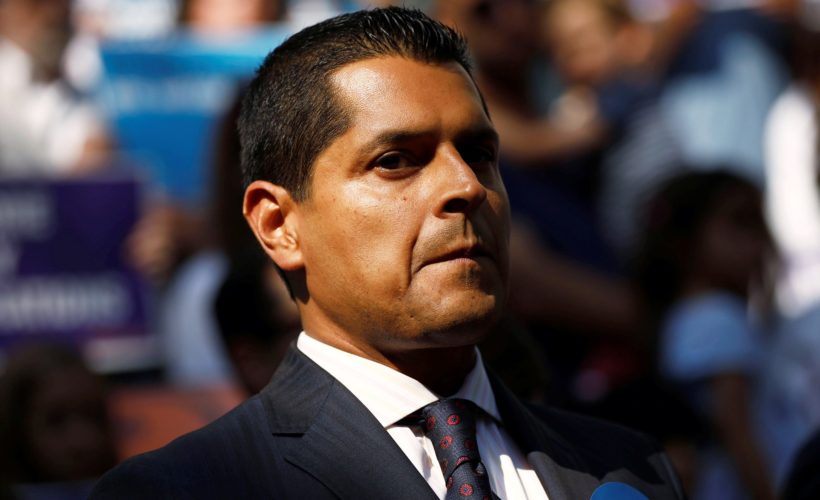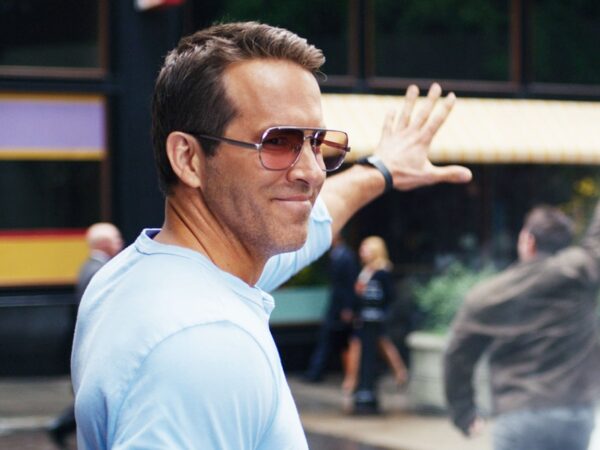Last month the California Senate passed what would be the country’s toughest net neutrality protections, which go even further than the repealed Obama-era Federal Communications Commission rules. But Wednesday, a California Assembly committee amended the bill, removing many protections in the original.
The amended version of the bill still bans broadband providers from blocking or throttling legal content, and from creating “fast lanes.” But critics of the changes worry that they could create loopholes that would allow broadband providers to undermine net neutrality. Perhaps most important is the removal of a prohibition on broadband providers charging access fees to content providers. Depending on how courts interpreted the bill, this could create a loophole that would allow companies like Verizon or Comcast to charge companies like Facebook or Netflix additional fees to make their content available and block access to content from companies that don’t pay.
“The bill got hijacked today,” state Senator Scott Wiener, the bill’s sponsor, tells WIRED. “The bill as amended doesn’t protect net neutrality anymore. I do not support those amendments, and I’m not interested in passing a bill that is watered down so severely.”
Wiener says he will work with the Assembly to restore key protections, and says he’s willing to compromise on some issues. But he says he might withdraw the bill if he’s not satisfied with the outcome of negotiations.
California is one of many states trying to pass its own net neutrality laws since the Republican-led FCC voted to repeal its rules last December. Washington state, for example, passed its own protections earlier this year, but they are weaker in some ways than the Obama-era FCC rules. Wiener aimed to provide a model for the rest of the country to follow with his more comprehensive bill. A similar bill was recently introduced in New York.
His original bill included all the major provisions of the FCC’s old rules, which banned broadband providers from blocking, throttling, or otherwise discriminating against lawful content. But it went further than the FCC rules by banning companies from blocking or throttling content as it enters their network from other networks, under so-called interconnection agreements. This is important because as data moves across the internet, it generally travels across networks owned by more than one company, providing many opportunities to content to be slowed. Internet users can definitely feel the results. In 2014, an interconnection dispute between several large broadband providers and Netflix and some of its network providers resulted in degraded Netflix streaming for many consumers.
Wiener’s bill also went further than the old FCC rules by banning providers from exempting certain content from data limits, a concept known as “zero rating.” For example, the bill would likely have banned AT&T from exempting its DirecTV Now service from customers’ data limits while still counting data from competitors like Dish’s SlingTV.
But amendments offered by Assemblymember Miguel Santiago, the chair of the Communications and Conveyance committee, remove the sections on zero rating and interconnection arrangements. The amendments, which the Communications and Conveyance committee approved Wednesday in an 8-0 vote, also remove several definitions from the text, which Wiener says could make the law harder to enforce.
Santiago, a Democrat from Los Angeles, characterizes his changes as a return to the FCC’s 2015 rules. “Trump’s rollback of these [net neutrality] regulations are a concern to me, as they should be for every American,” he said in a statement.
Critics of the changes seized on how the resulting bill departs from the 2015 rules. For example, the amended version of the bill does not prohibit broadband providers from charging access fees. Ryan Singel, a fellow at Stanford’s Center for Internet and Society and former WIRED editor, says the amendment makes it harder for the law’s defenders to argue that such access fees are covered by the bill’s prohibition against blocking lawful content. He also points out that Verizon sued the FCC in 2012 over an earlier version of its rules over this very point, arguing that blocking a company for not paying an access fee is different from blocking content for other reasons and is not prohibited by a simple no-blocking rule. A court ultimately threw out this version of the net neutrality rules for other reasons.
Verizon didn’t respond to a request for comment. In a 2016 blog post, Verizon called for Congress to pass laws banning blocking, throttling, and paid fast lanes, but didn’t specify if access fees should be included in the ban.
The repealed FCC rules didn’t apply bright-line rules to interconnection arrangements, and didn’t include a blanket ban on zero rating. But they did include a “general conduct” rule that banned unreasonable interference or disadvantaging of users or content providers and reserved the authority to intervene on issues related to data caps and interconnection on a case-by-case basis.
The amended version of the California bill still bans broadband providers from “unreasonably interfering with, or unreasonably disadvantaging” internet users from accessing lawful content or content providers from offering lawful content.
Critics accuse Santiago of weakening the bill on behalf of the telecommunications industry. He received at least $54,000 from the industry since the 2016 election. Santiago’s office didn’t respond to questions about the donations.
But Santiago vowed to fight both the Trump administration and the industry in any legal battles that arise from the bill. When the now Republican-led FCC voted to jettison its net neutrality rules last December, it also passed rules banning states from passing their own protections, and the telecommunications industry group US Telecom has vowed to challenge state net neutrality laws. Legal experts are unsure whether the FCC has the authority to preempt state laws in this case.
More Great WIRED Stories
- PHOTO ESSAY: Spot the hidden images in these psychedelic landscapes
- The secret racy module that almost ruined D&D
- The crazy hacks one woman used on Mechanical Turk
- How a uranium hunter sniffs out nuclear weapons
- It’s time to get excited about the future of PCs. (Yes, PCs.)
- Looking for more? Sign up for our daily newsletter and never miss our latest and greatest stories
Source:WIRED











